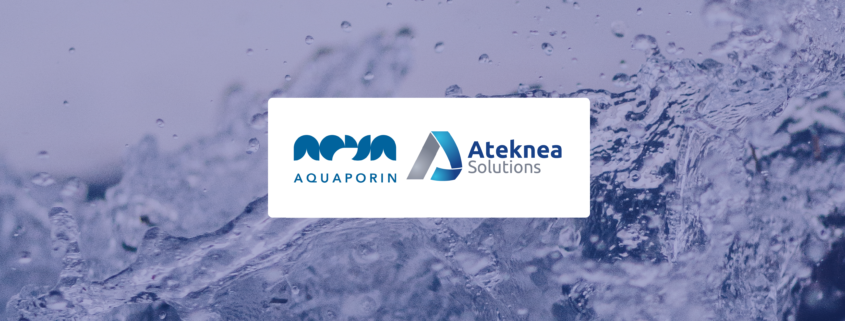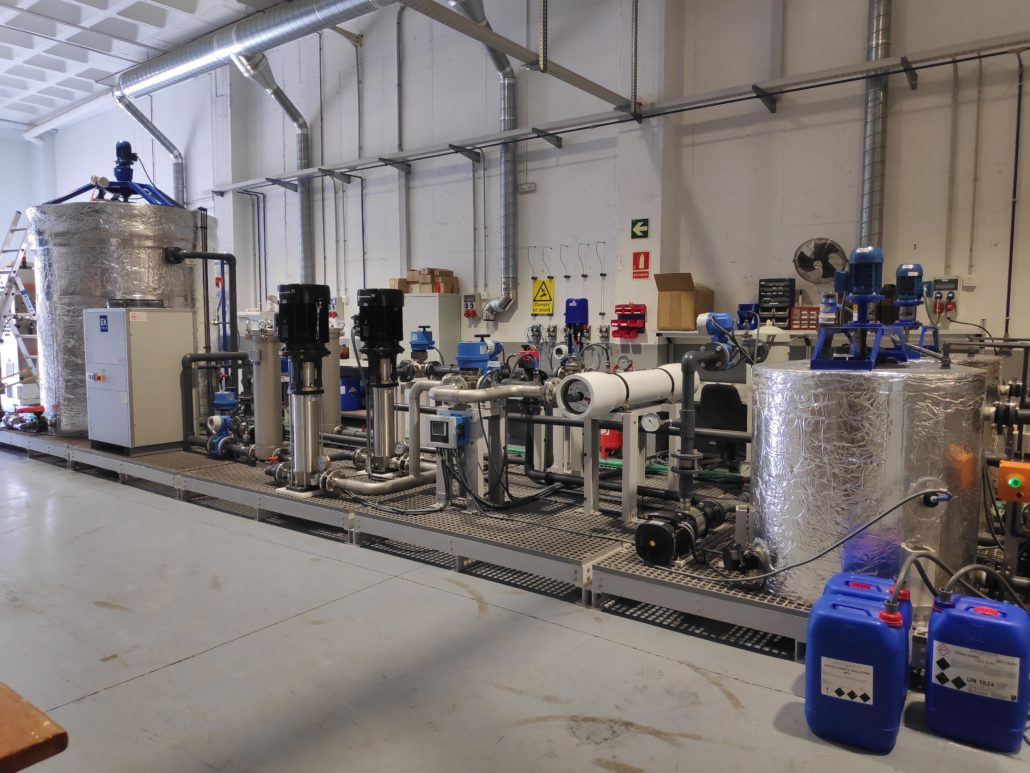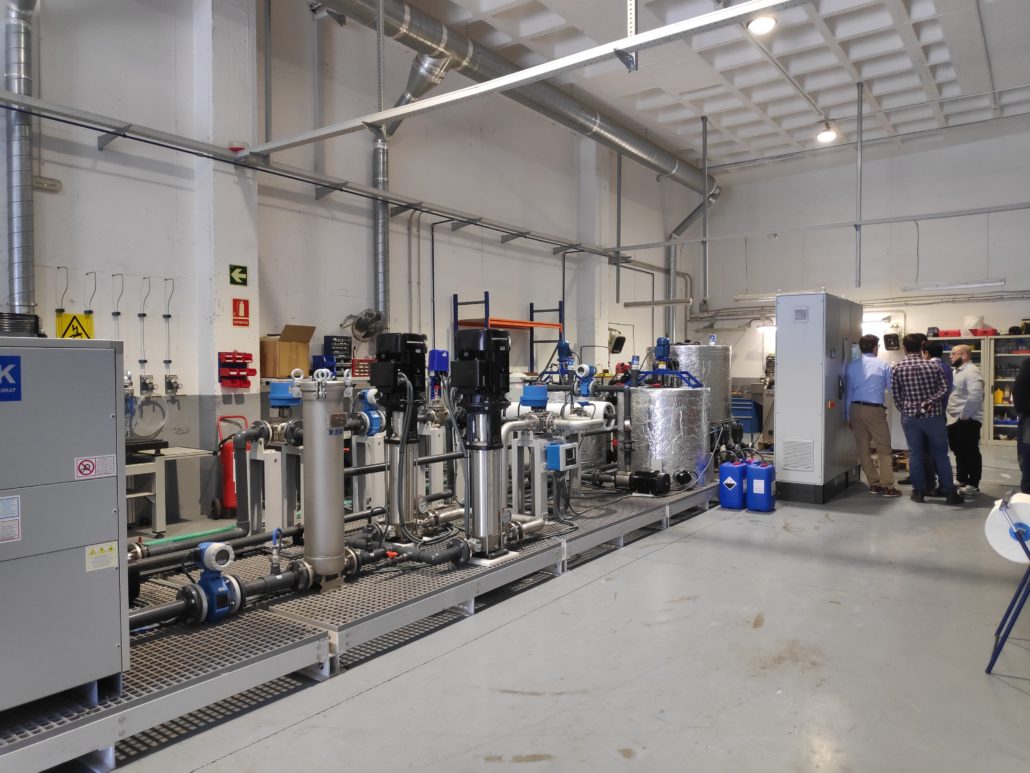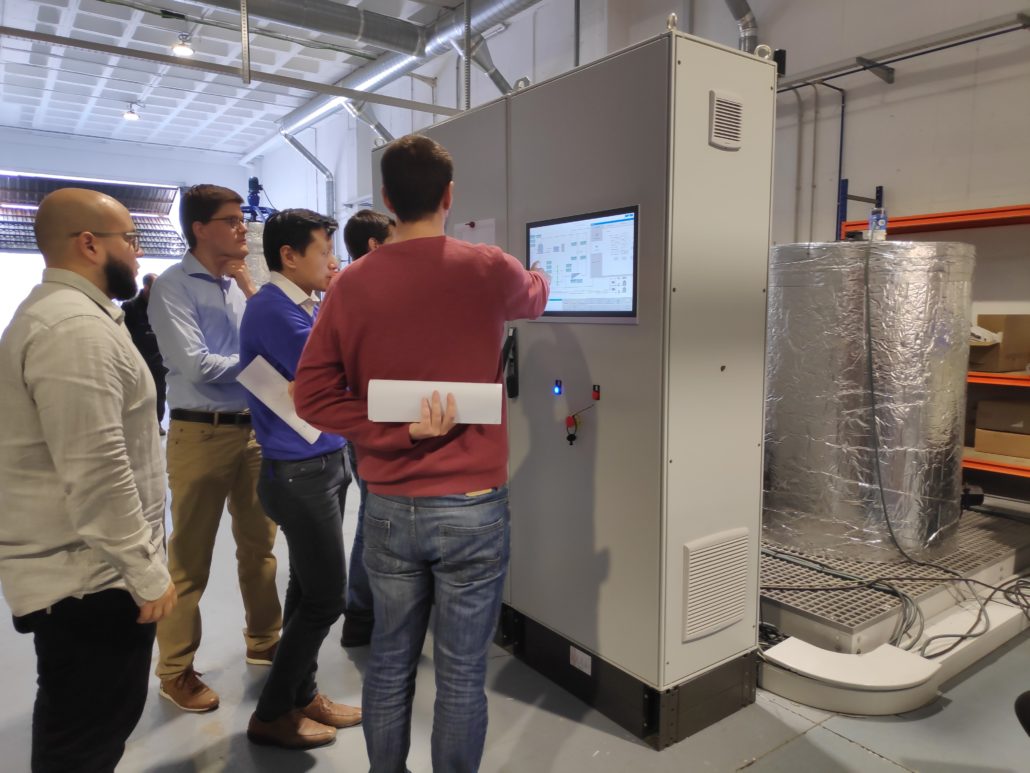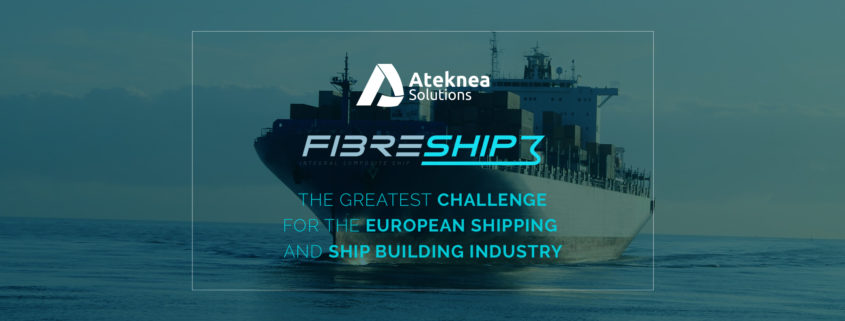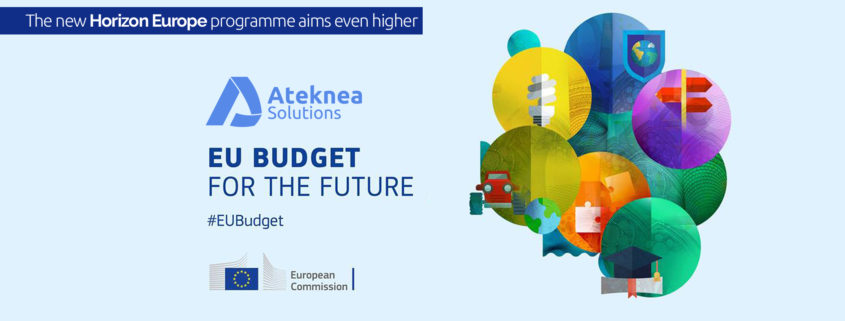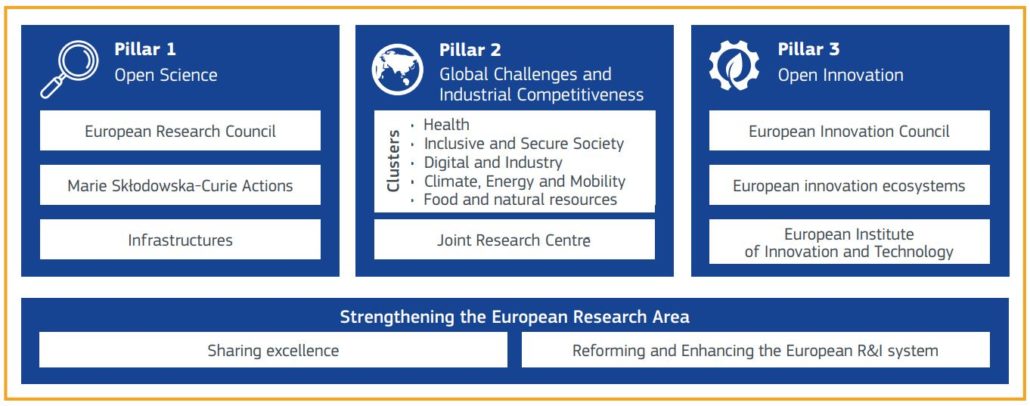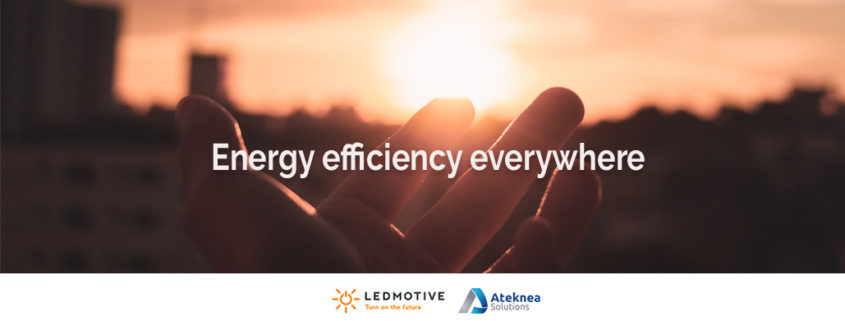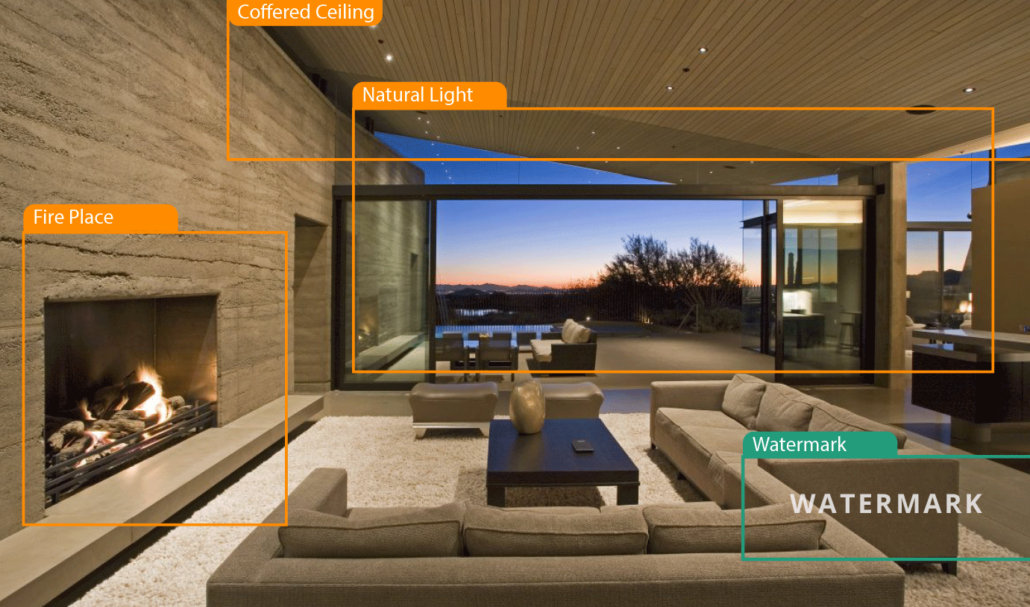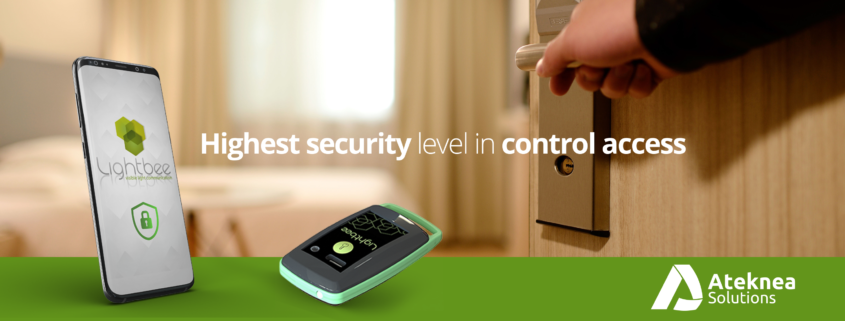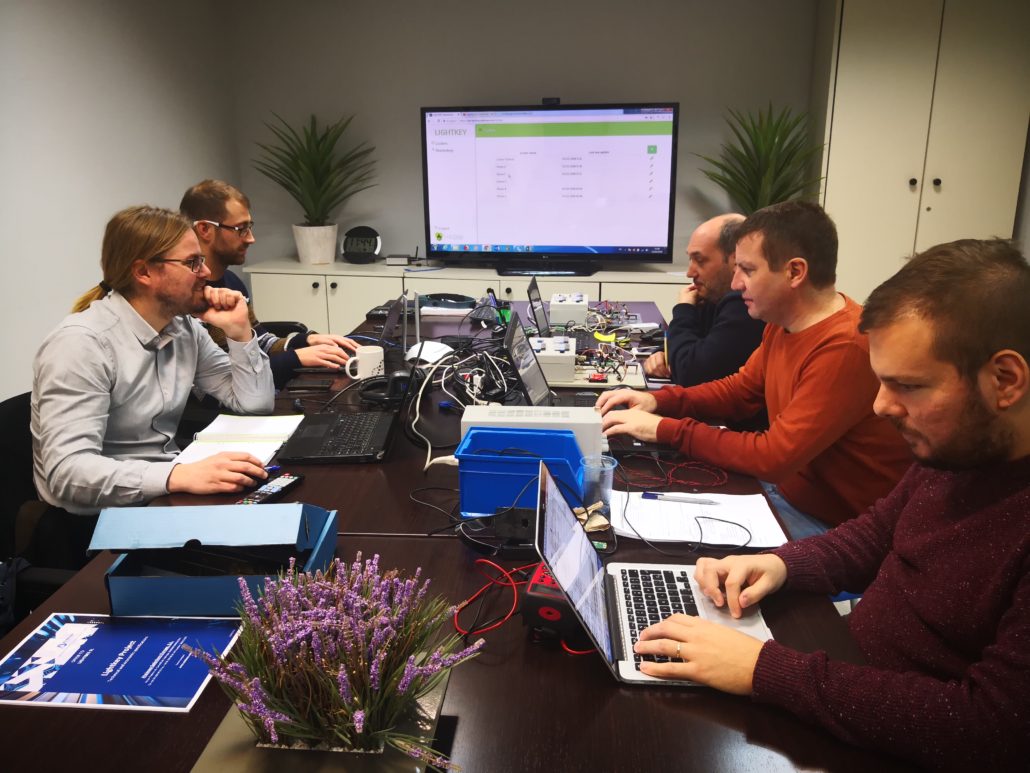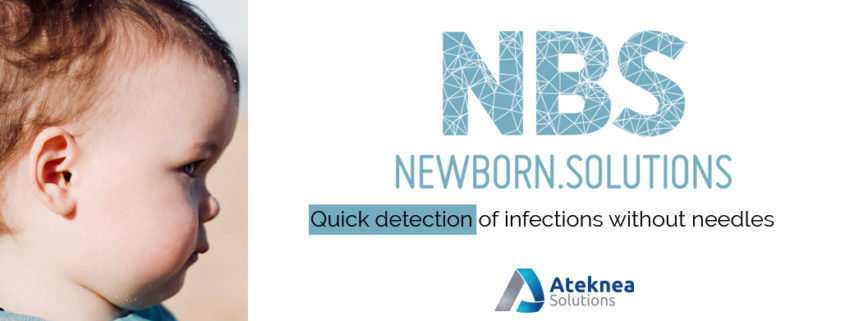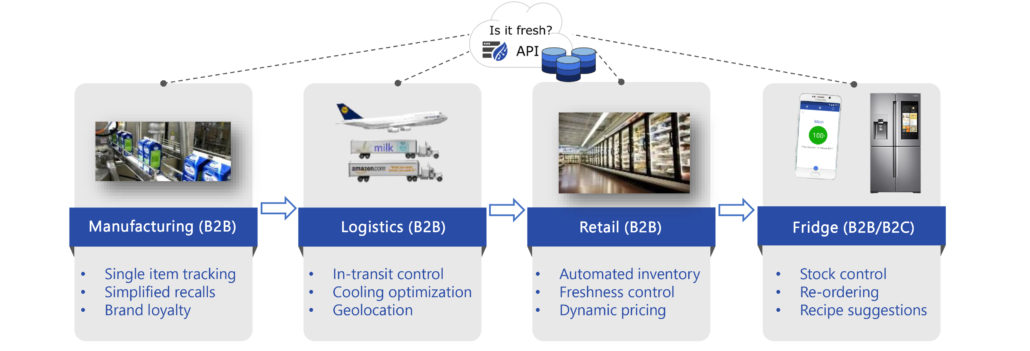The European Commission’s Horizon2020 programme that funds research and innovation to reduce the time to market for bright idea will soon be coming to an end. The Commission has recently announced information on the work programme for 2019-2020, Enhanced European Innovation Council pilot to test new funding schemes (official guidelines available here). The pilots will provide financial allocation of €2.2 billion (€1.0 billion in 2019; €1.2 billion in 2020) including a number of already existing instruments and some novelties that will anticipate the Horizon Europe 2021-2027 Programme.
The pilot is composed of two new schemes: the EIC Pathfinder pilot and the EIC Accelerator pilot. The Commission is scrapping the SME Instrument phase 1 and rebrand it as the EIC Pathfinder pilot, which will support collaborative research projects aiming at developing radical and innovative technologies. The last call deadline under the current phase 1 guidelines will be September 5th, 2019.
The SME Instrument phase 2 program will re-emerge as the Accelerator Pilot and be dedicated to SMEs and start-ups with a radically new, highly risky, and thus, non-bankable idea underpinned by a potential to scale up and business plan to roll out marketable innovation solutions.

What’s new with the Accelerator Pilot for grants and blended finance?
Whereas in the older version of the funding instrument, the Impact criteria was given 50% of the application’s weight under the EIC Pilot guidelines, each evaluation criterion will have equal weight: 33% Impact, 33% Excellence, and 33% Implementation.
If the innovator requests the equity component within the Accelerator scheme, they will be subject to due diligence. There will be a 3-month time-to-inform and a 6-month time-to-grant for grants, while equity applicants will be given more time.
The Commission’s guidelines for submission now include two new sections. In Document 3 applicants will provide financial and corporate information in a spreadsheet following a specific template, which will be evaluated for financial need and role of EIC support. Document 4, will be the applicant’s pitch deck, a high-level overview of various aspects of the proposal for the evaluators. If invited to an interview, applicants will use the document provided in Document 4 with no possibility of updating information.
The evaluation panel will be comprised of a team of experts in the fields of technology, business and finance. There are 3 possible outcomes: “go”, “no go” and “change into blended finance”.
The grant-only finance scheme is targeted at SMEs with innovative projects in the development phase with a project that is not bankable or attractive for private investment. The blended finance scheme awards up to €100 million in equity in addition to the grant. SMEs can request up to €17.5 million (2.5 million in grant + €15 million in equity). It will be available to innovative SMEs with an innovative idea at the early commercial stage of development (TRL 6) and potential to scale up. Projects funded under the blended-finance scheme are subject to due diligence, which will mainly focus on evaluating compliance and risk level. The Commission will use the outcome of the due diligence to substantiate its final investment decision and to match investors with sufficient elements to take an informed decision so as to tailor the monitoring of the grant and equity to the particular features and situation of the company.
As per established protocol, proposals are assigned to expert-evaluators using keywords to maximise the affinity between the content of the proposal and evaluator profiles. A revised set of 15 keywords has been published and includes:
- Agriculture / Rural Development / Fisheries
- Biotechnology
- Construction and Transport
- Consumer Products and Services
- Cultural and Creative Economy
- Earth and Related Environmental Sciences
- Energy
- Engineering and Technology
- Finance
- Food and Beverages
- Health
- Information and Communication Technology
- Public Sector Innovation
- Security
- Space
For a complete list of main keyword nomenclature and sub-keywords can be found using the following link:





